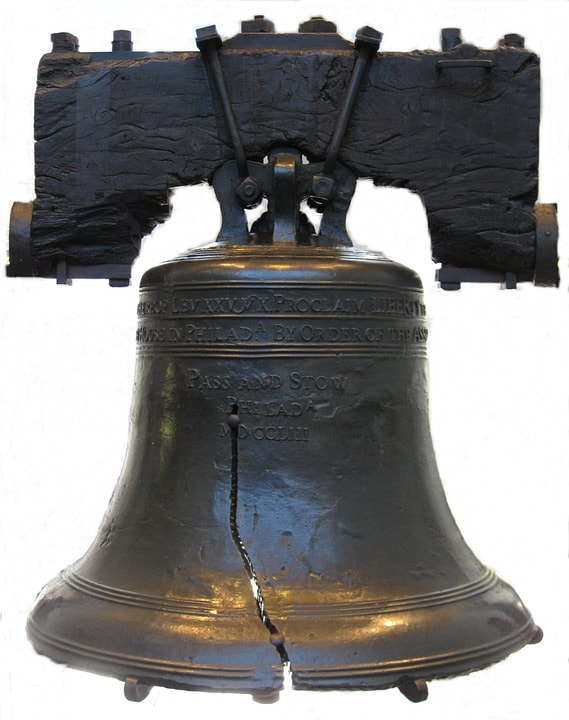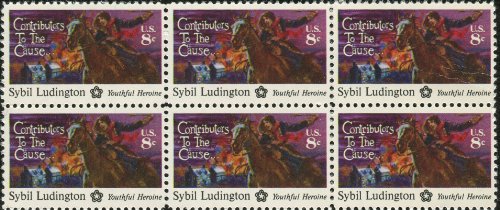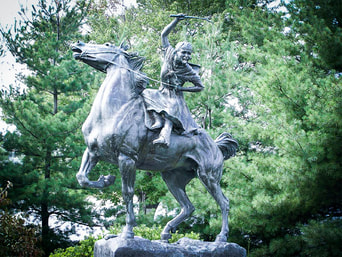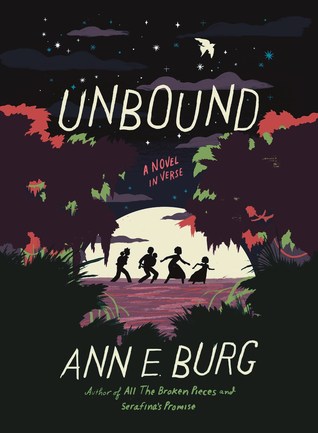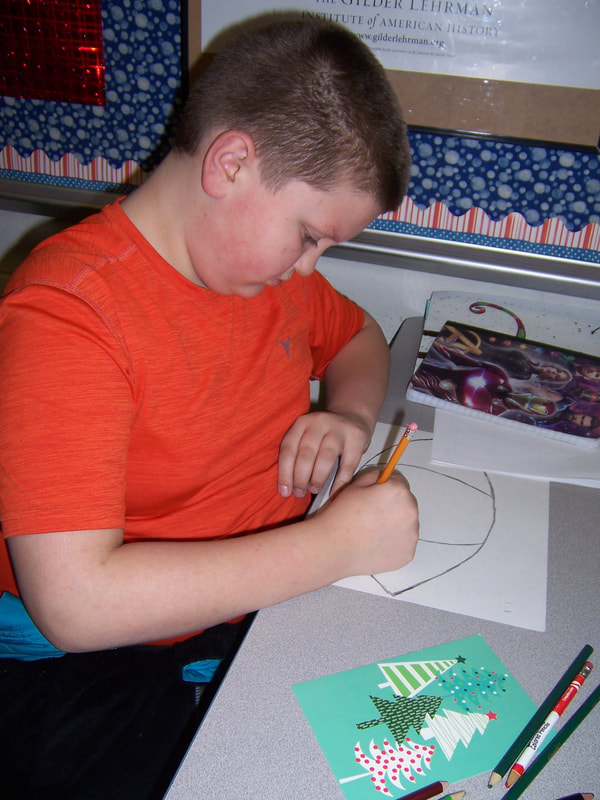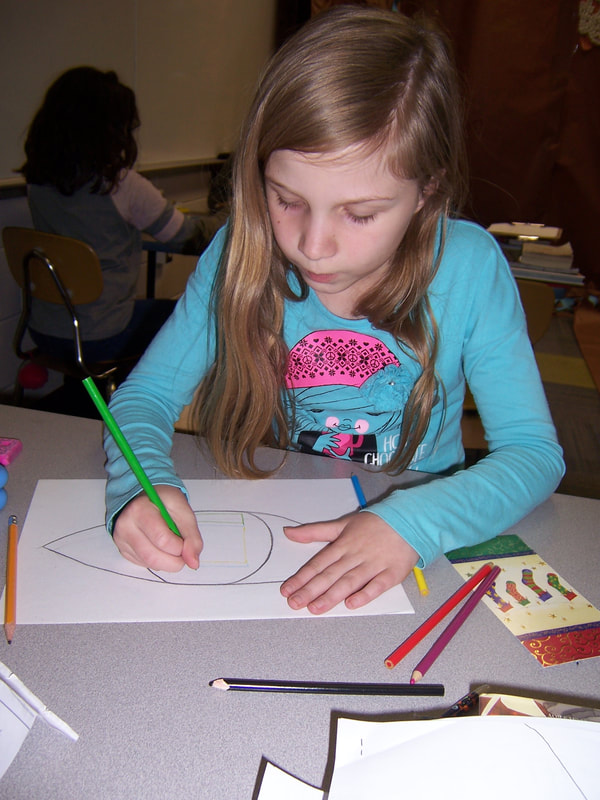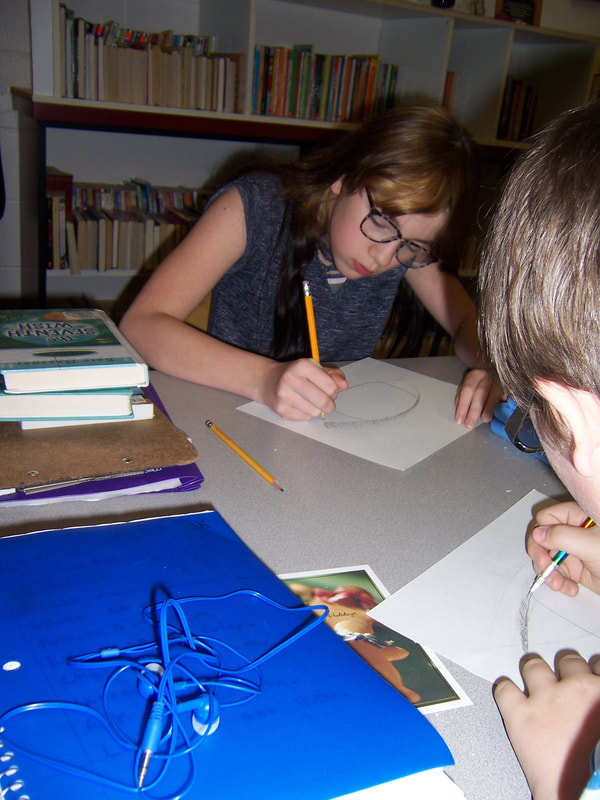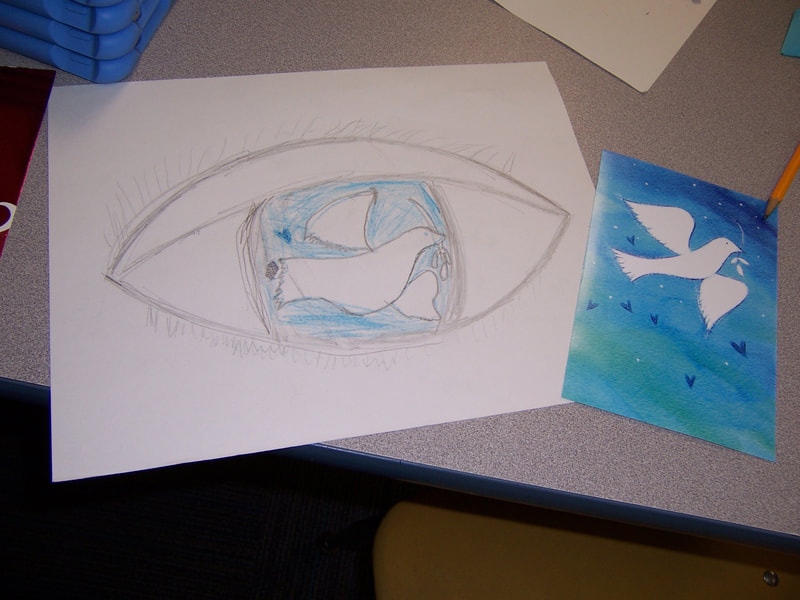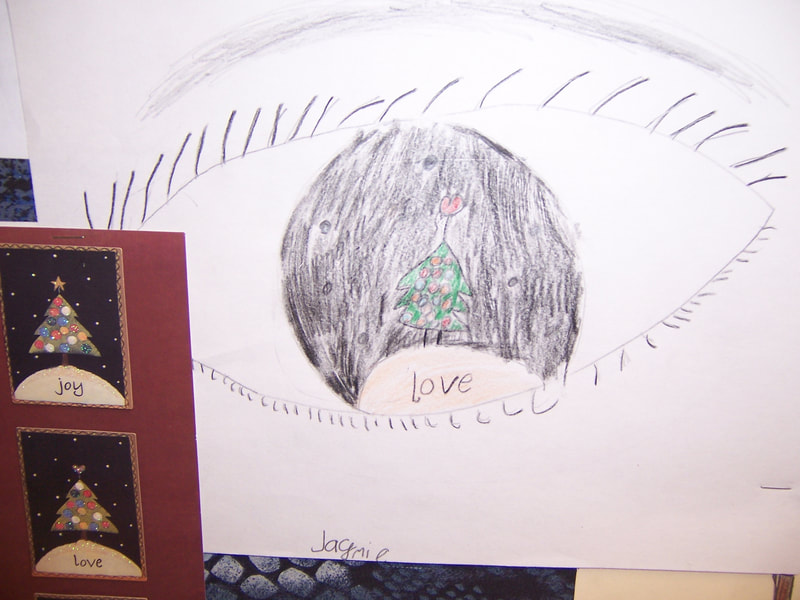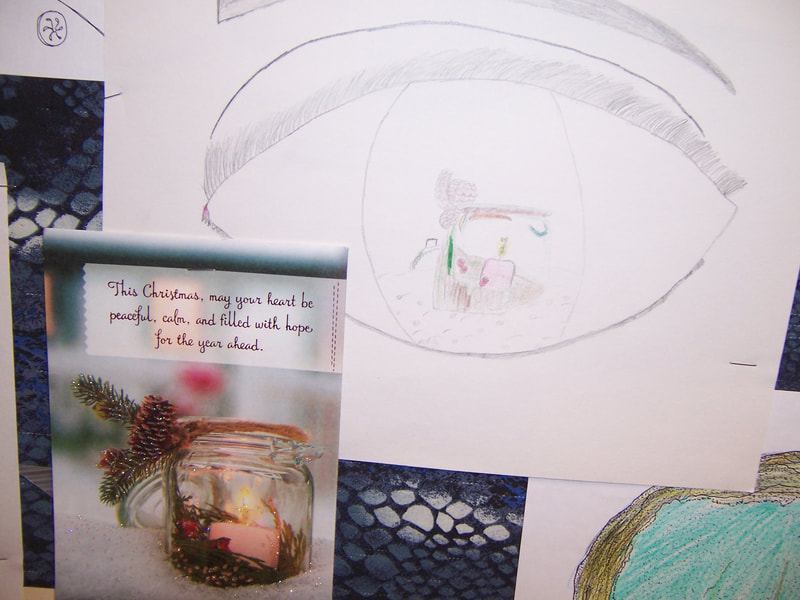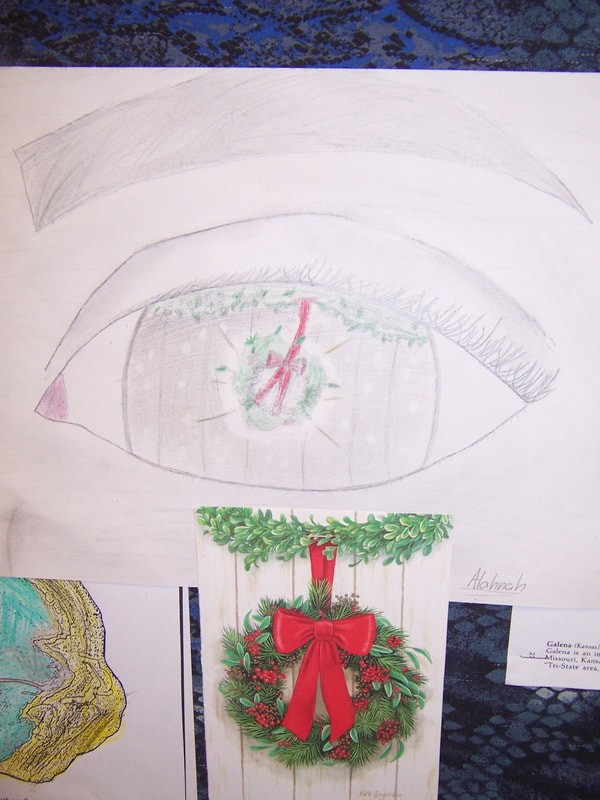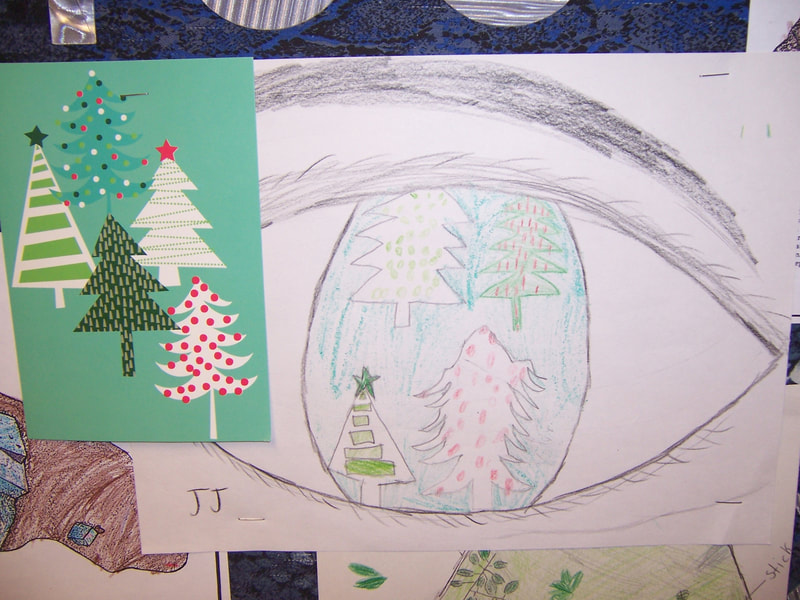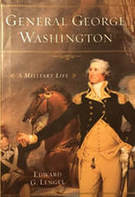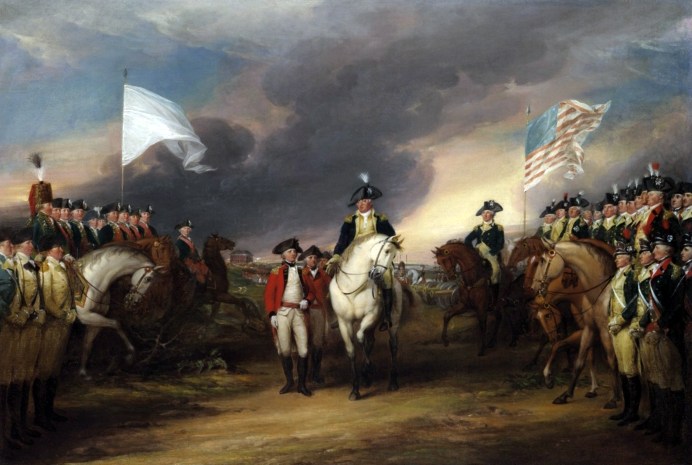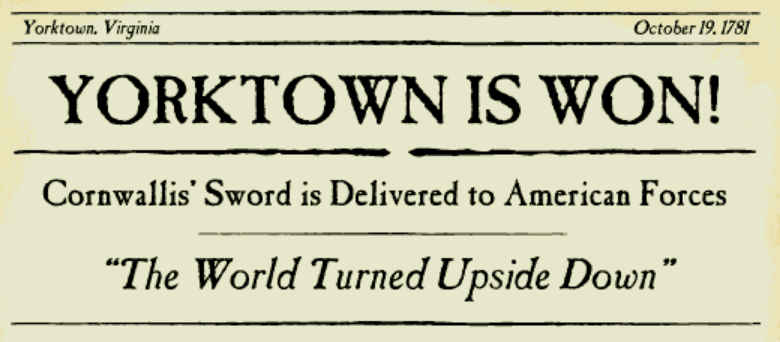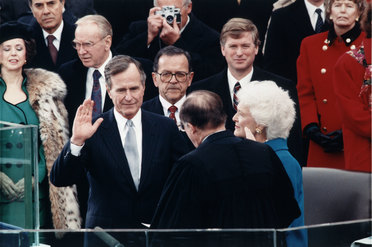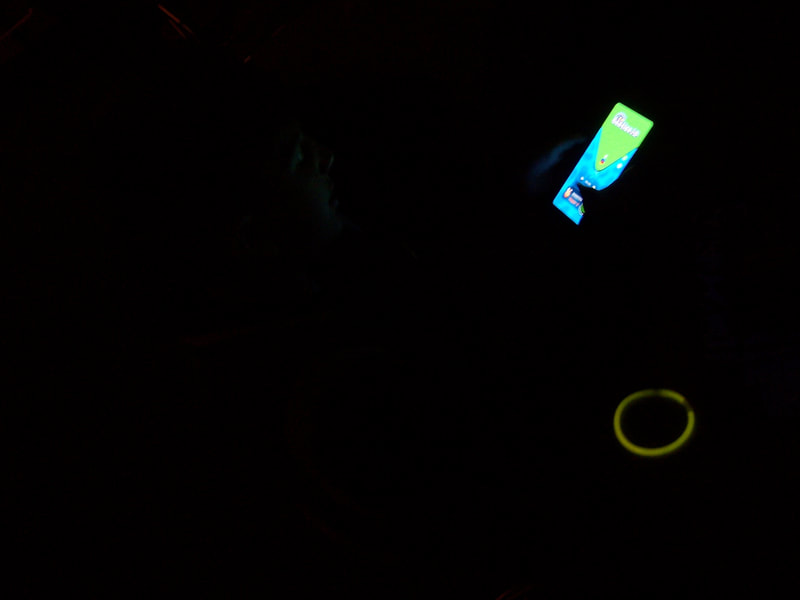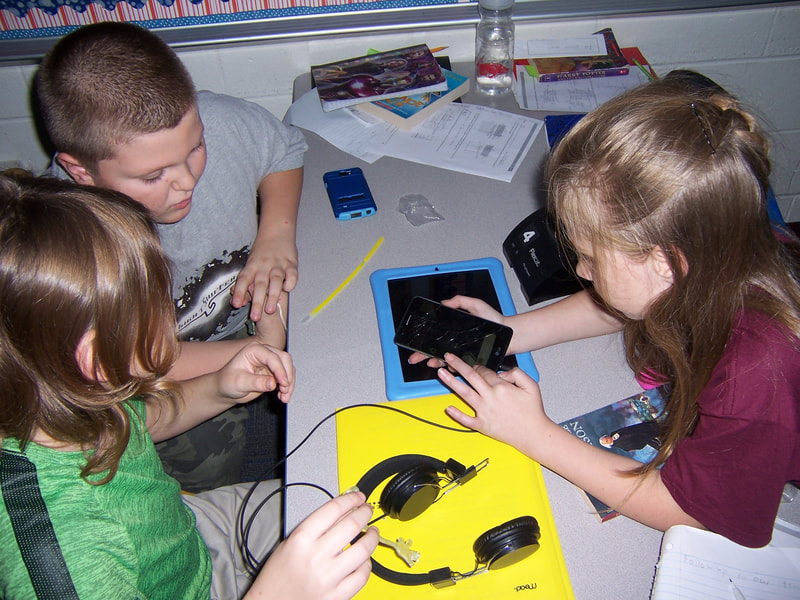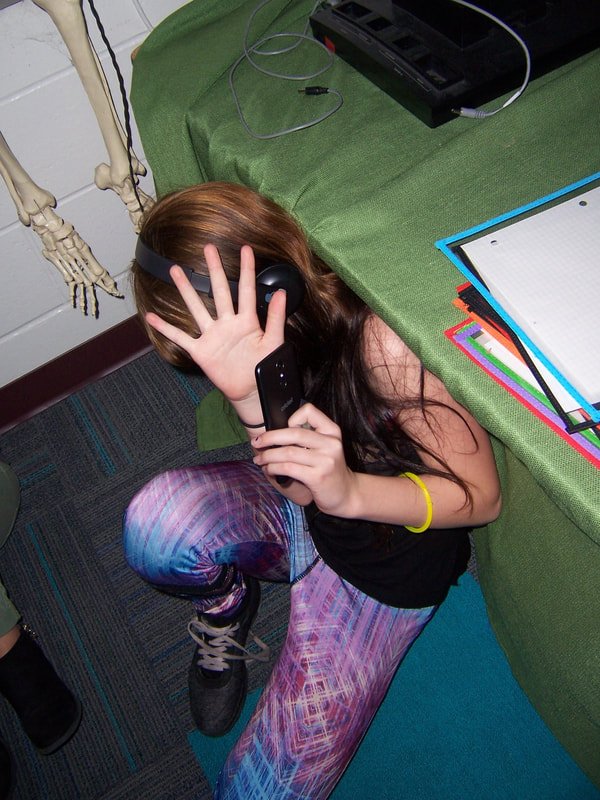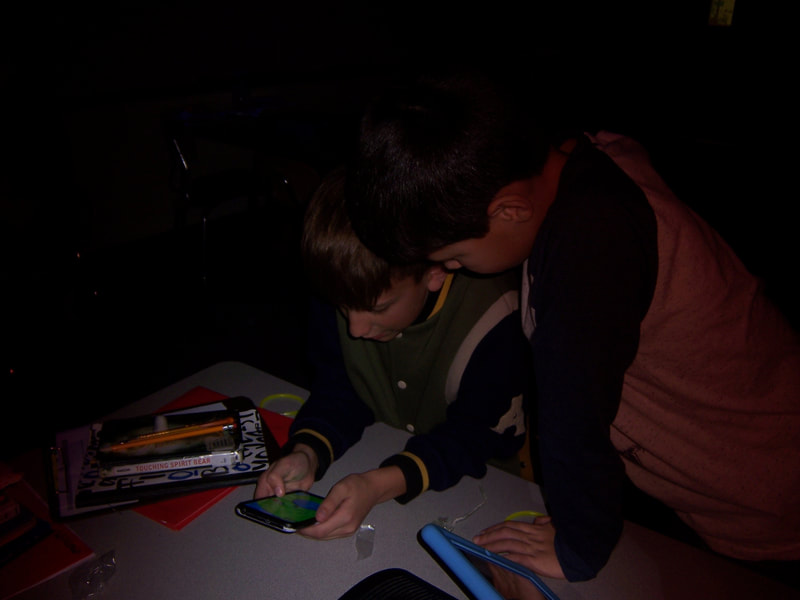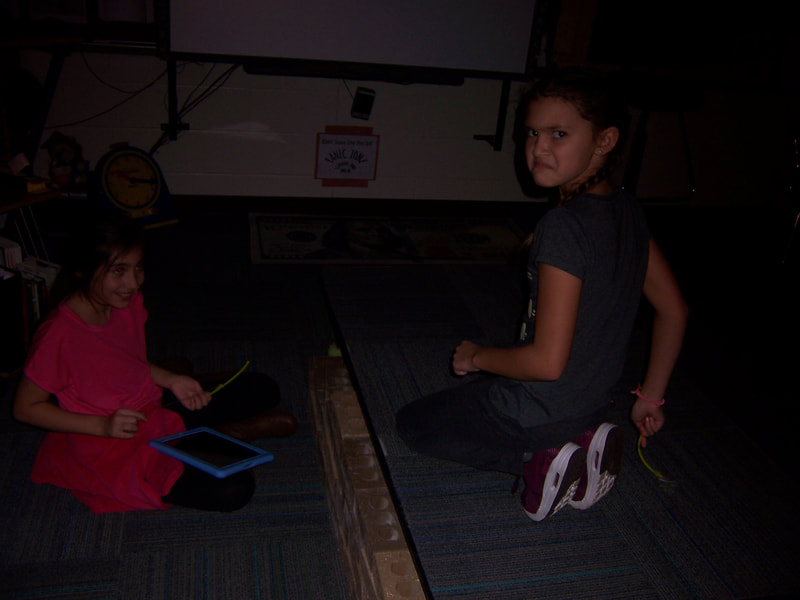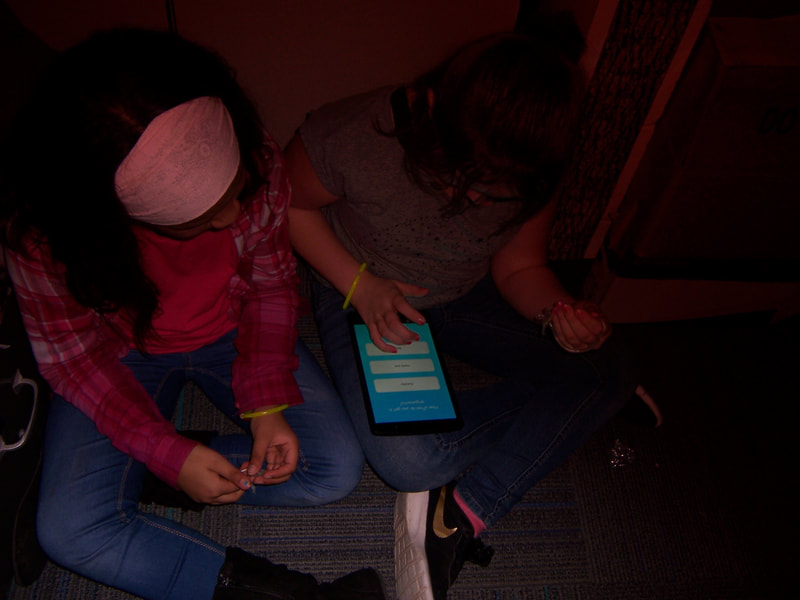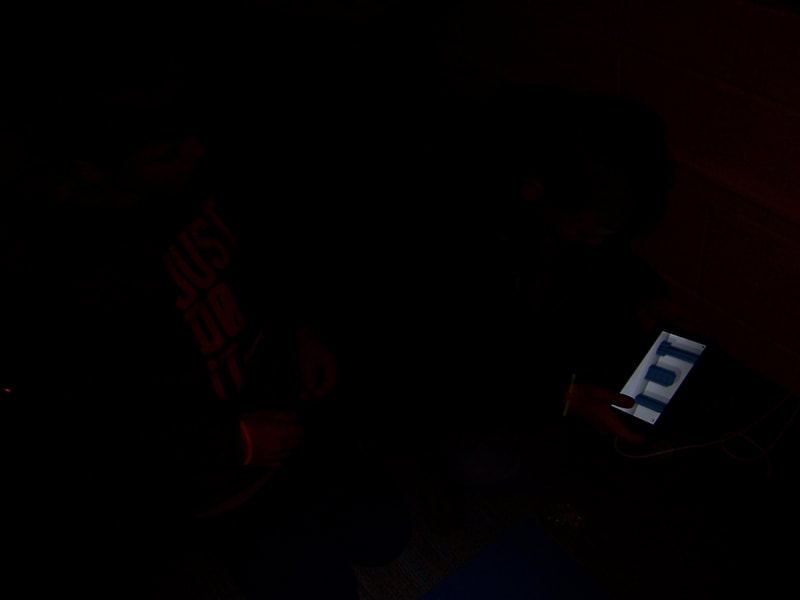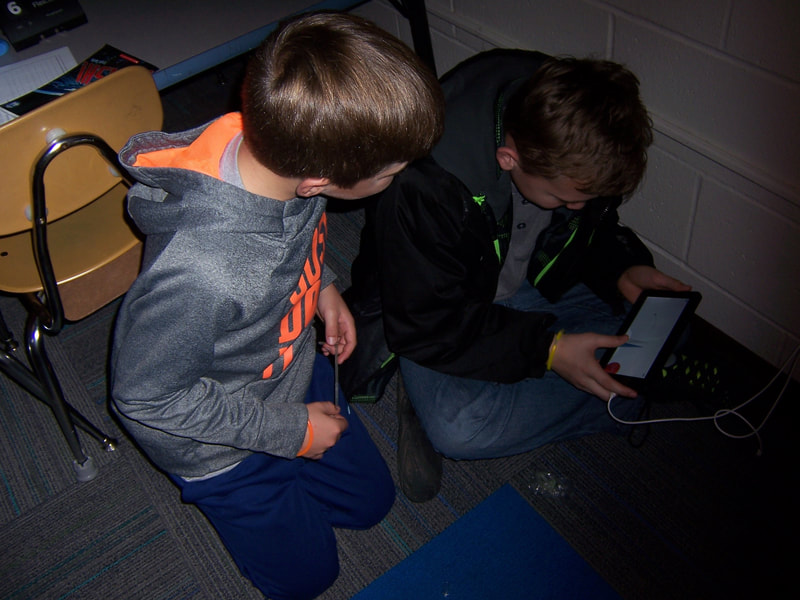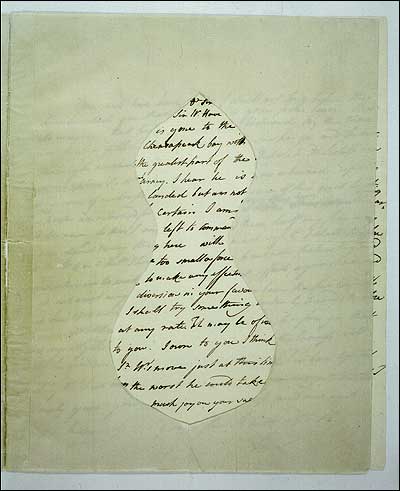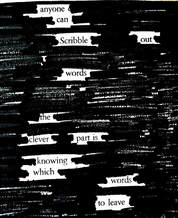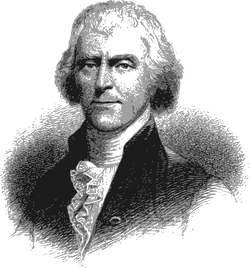
One of the questions on the application addresses research as a part of the institutes. Here's the question (My answer follows.): MTI gives teachers a chance to step into the role of historian and engage in research. Provide a description of your proposed research focus.
There are so many aspects of Thomas Jefferson’s life that intrigue me – his selection of words for the Declaration of Independence or his struggle with the concept of slavery and human rights, for example – but at the moment, one overarching direction has captured my interest. I am curious about the thought processes and events that took Thomas Jefferson from a pacifist, generally speaking, to the president who boldly bolstered the United States Navy to combat Barbary Pirates. It may take time to trace writings and track changes in the third president’s tone and opinion concerning a larger naval presence on the seas. I am confident that primary sources exist to support fundamental changes in Mr. Jefferson as he changes roles from ambassador to secretary of state to president to citizen.
At the same time, it is also necessary to understand the world that Jefferson inherited, as well as the timeline that brings those events into our present-day world. There are many directions a historian could explore in this, but my drive tells me that a focused study and chronology is conceivable with this topic.
In Missouri, our fourth grade classes have always focused more on Jefferson’s role in purchasing the Louisiana Territory and vicariously exploring the west through Meriwether Lewis and William Clark. Now, state standards have shifted to the founding era. The character of Thomas Jefferson is definitely at the heart of our nation’s early development. As the teacher, I need to meet him, listen to his words, and delve into his opinions as he plays such a pivotal role in United States history.
Researching his transformation in combatting piracy may be the manner in which Jefferson demonstrates a Growth Mindset to us today. Understanding that grit and open-mindedness carries us forward, even through tough moments and historic failures, is an essential part of what I teach in the fourth grade. To see our third president experiencing those struggles between diplomacy and combat, to note the transformation that he made, is to understand that the path forward, for any of us, will not always be smooth. Not only that, but we must also recognize that understandings and opinions evolve as we face new information and events.
I can read books about the subject, but touching Jefferson’s real documents (even if only with my eyes) and considering secondary sources of modern historians will only enhance my continuing interest in Thomas Jefferson and my presentation of this striking figure in my classroom.
